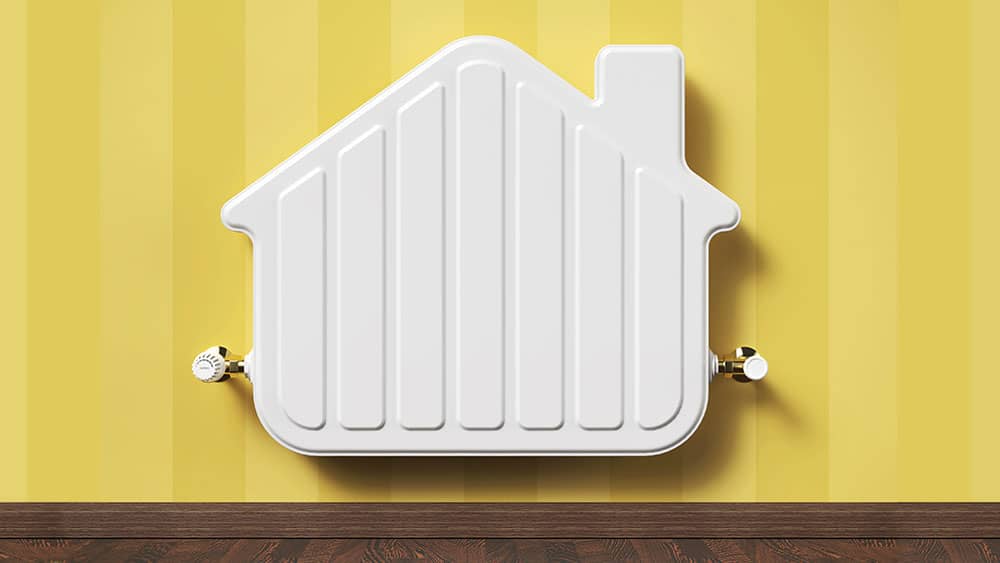As winter approaches, many of us are faced with the challenge of finding effective ways to keep our homes warm without breaking the bank. With so many heating alternatives available, it can be difficult to decide which one is best for your needs.
This article will provide a comprehensive guide on different types of heaters and their pros and cons, as well as safety considerations and cost-effectiveness. Whether you’re looking for an affordable option or something more eco-friendly, this article will help you find the right solution for keeping your home cozy this winter season.
The Different Types of Heaters
The most common types of heaters for home use include electric, gas-fired, oil-fired, and wood-burning. Each has its unique benefits and drawbacks depending on the size of your home and budget.
- Electric heaters– Electric heaters are great for single rooms or small spaces because they can provide targeted warmth to areas that need it the most. They are also relatively inexpensive and easy to install, with many models offering adjustable heat settings. However, they can be costly to operate over time and may not be suitable for larger spaces.
- Gas-fired heaters– Gas fireplaces have become increasingly popular in recent years due to their cost-effectiveness and convenience. They provide instant heat and many models come with thermostats that can be adjusted to maintain a comfortable temperature. However, gas fireplaces in Park City or elsewhere require professional installation, must be regularly maintained, and may not be suitable for small spaces.
- Oil-fired heaters– Oil-fired heaters are more energy-efficient than electric or gas-fired models, making them a great choice for larger spaces. They are also relatively inexpensive and easy to install but require regular maintenance.
- Wood-burning heaters– Wood-burning heaters provide the most cost-effective way to warm up your home during the winter months. While they can be messy and require more work than other types of heaters, they are also the most eco-friendly option available.
Safety Considerations
When it comes to heating your home, safety is of the utmost importance. Electric and gas-fired heaters should be installed by a professional to ensure proper ventilation and prevent any potential hazards. Oil-fired heaters should be serviced regularly to prevent them from malfunctioning. Wood-burning heaters should be kept in a well-ventilated area with proper chimney maintenance and never left unattended.
Cost Considerations
The cost of heating your home will depend on the type of heater you choose, as well as its energy efficiency rating. Electric heaters generally have the lowest upfront cost but can be more expensive to operate over time. Gas-fired heaters are usually more efficient and require less maintenance, but their installation costs may be higher. Oil-fired heaters are typically the most cost-effective option for larger spaces while wood-burning heaters are the least expensive to operate in the long run.
Eco-Friendly Heating Options for a Greener Winter Season
If you’re looking for a more eco-friendly solution, there are several options available. Solar panels can be used to generate electricity that is then used to power electric heaters, while geothermal systems draw energy from the earth’s natural heat.
Pellet and wood stoves are also an option if you’re looking for a renewable source of fuel. These systems burn wood pellets or compressed wood chips, offering an efficient and renewable source of heat.
Choosing the Right Heater for Your Winter Needs
Whether you’re looking for an affordable option to heat a single room or something more eco-friendly to keep your entire home warm this winter, there are plenty of options available. By understanding the different types of heaters and their benefits and drawbacks, as well as safety and cost considerations, you can make an informed decision about which heater is best for your needs. With the right heating source, you can keep your home cozy this winter season.
Do you have any questions about heating your home this winter? Contact us today for expert advice!

